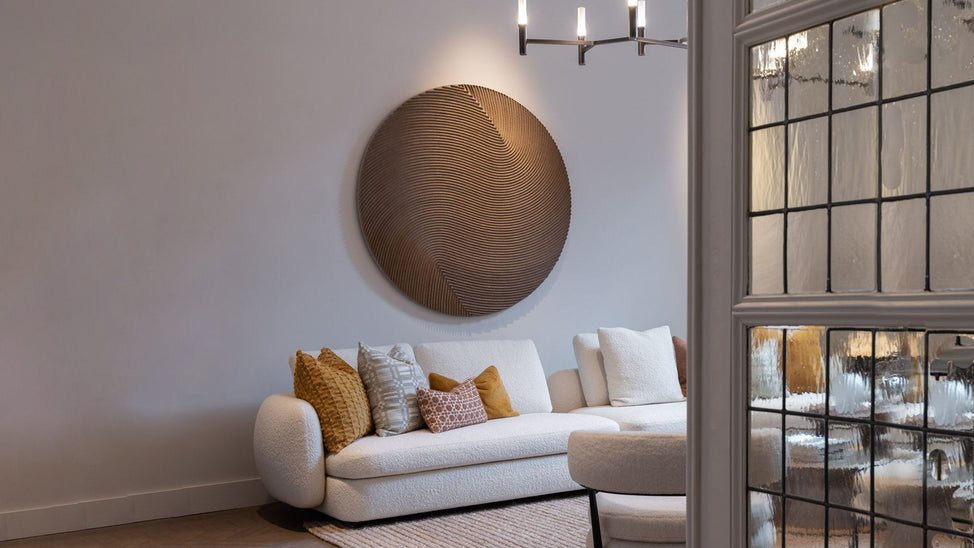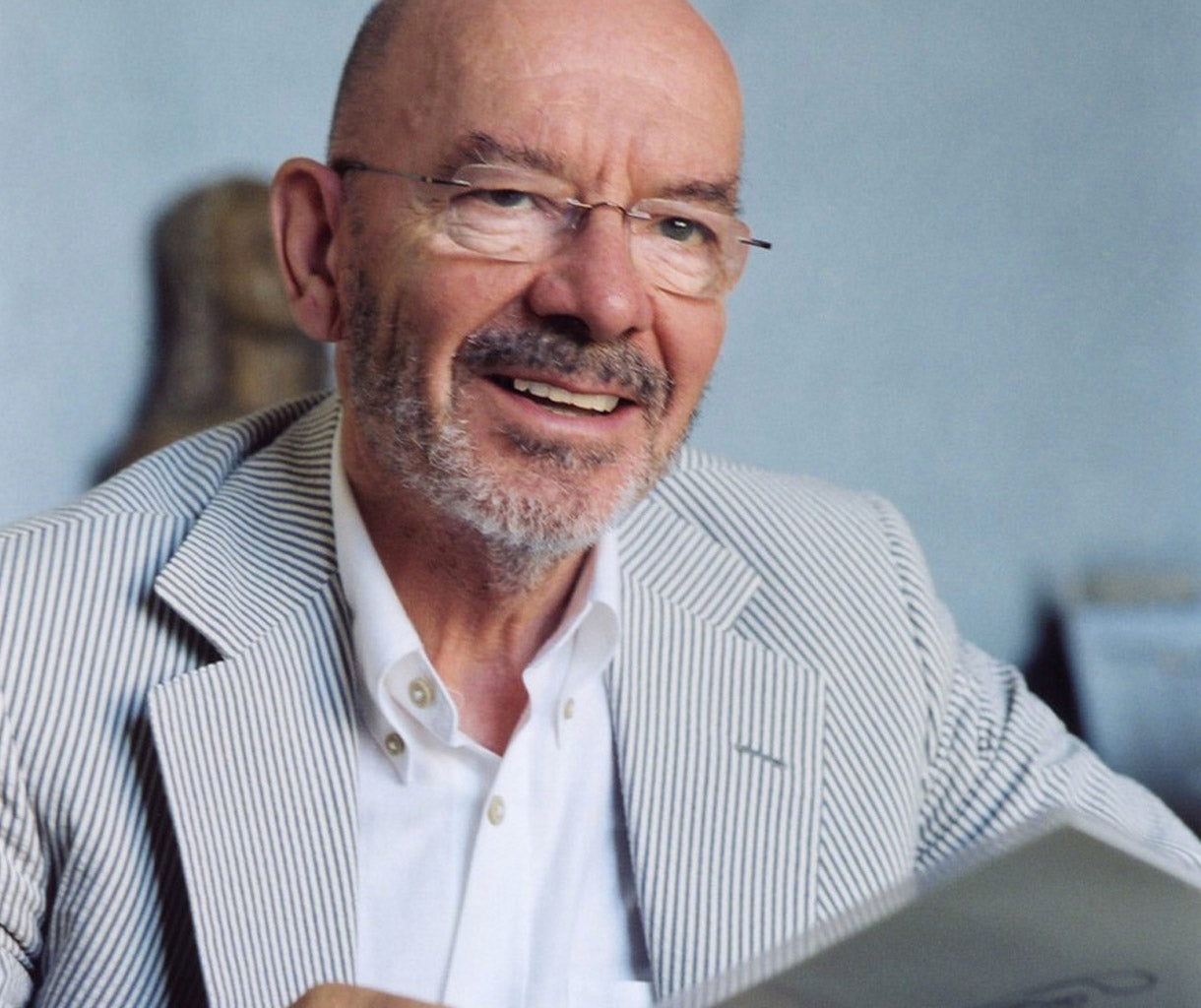Locations

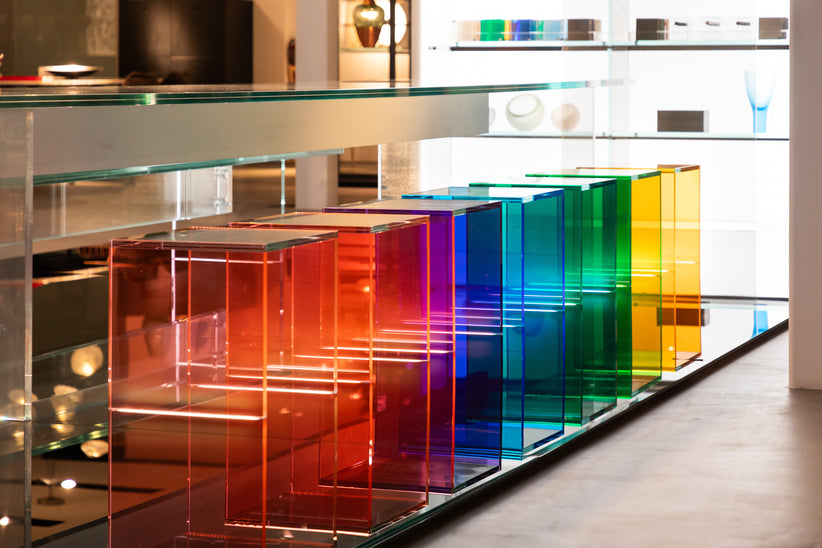
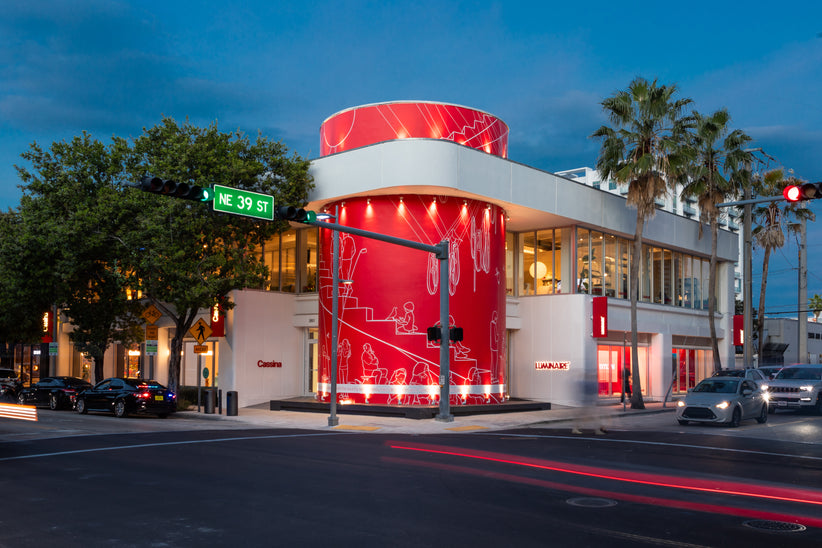
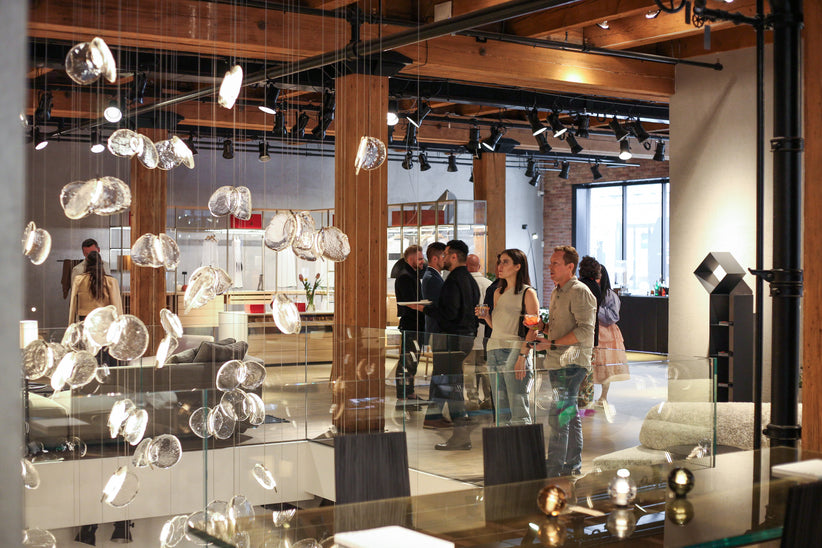
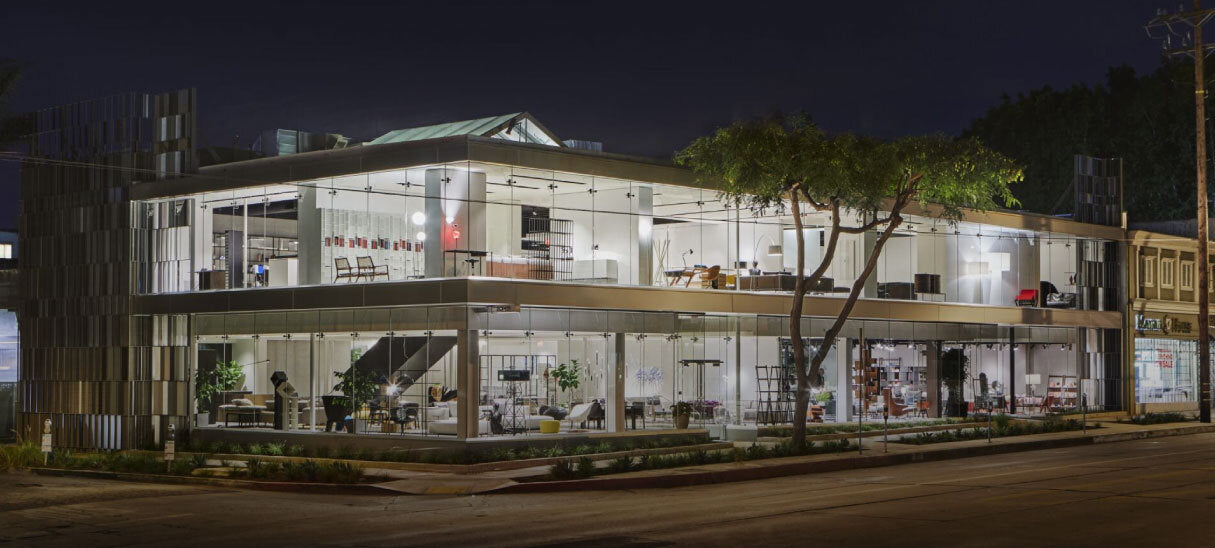
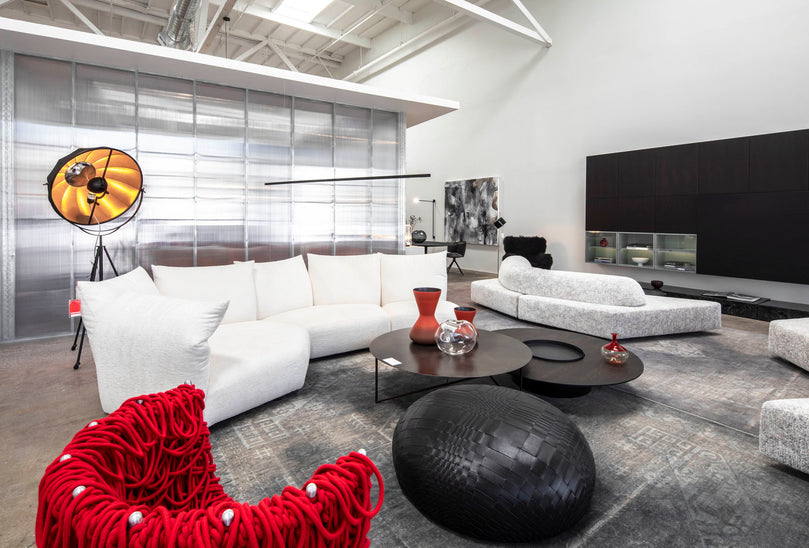
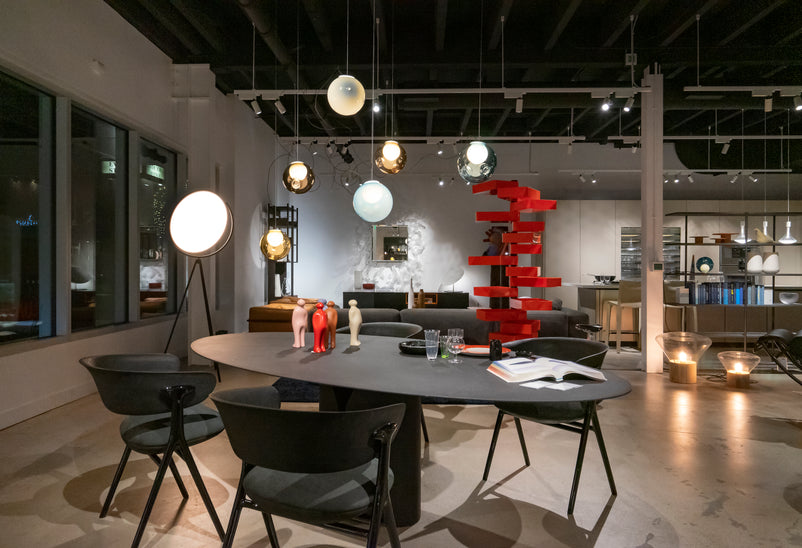

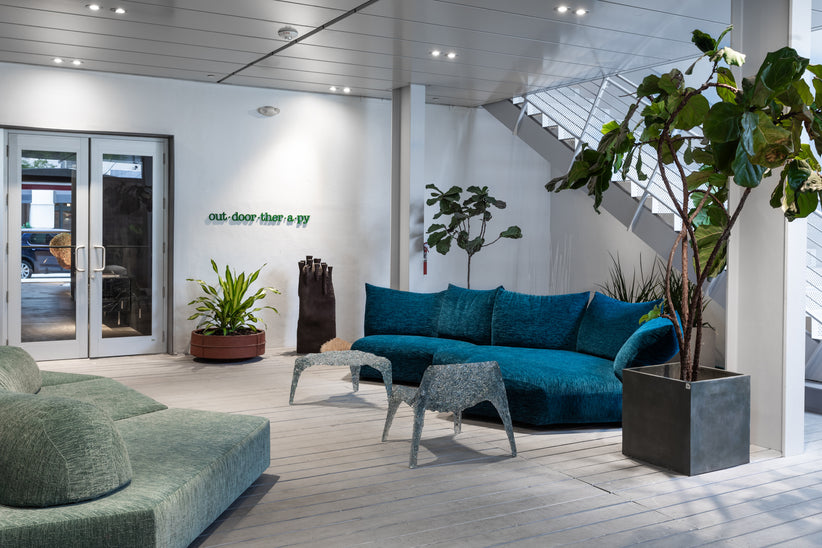



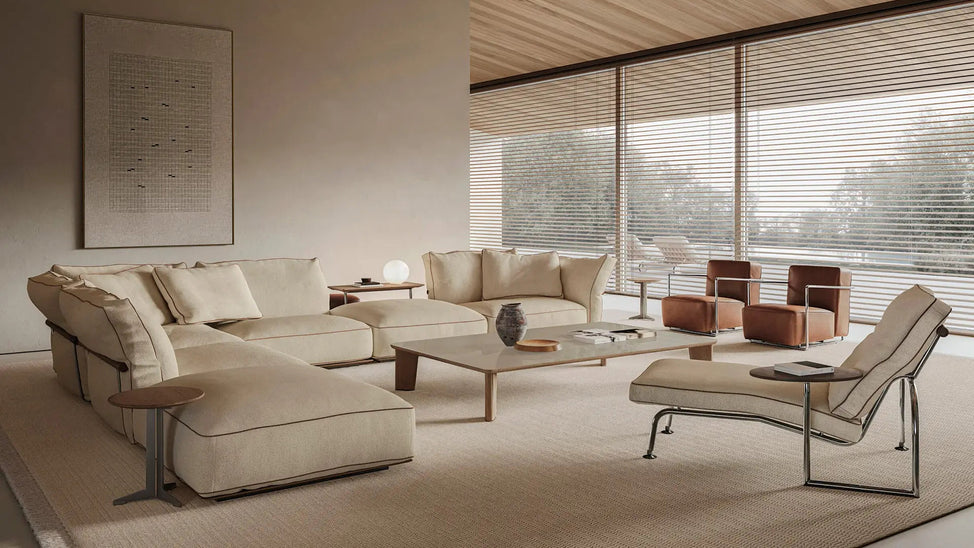

Trade
Showrooms
Coral Gables
2331 Ponce De Leon Blvd
Coral Gables, FL
33134 (305) 448-7367
Coral Gables, FL
33134 (305) 448-7367
Monday — Saturday
10am—6pm
Make an Appointment
10am—6pm
Los Angeles
8840 Beverly Boulevard West
Hollywood, CA
90048 (323) 579-2800
Hollywood, CA
90048 (323) 579-2800
Monday — Friday: 10am—6pm
Saturday: 11am—6pm
Make an Appointment
Saturday: 11am—6pm
San Francisco
128 Utah St
San Francisco, CA
94103 (415) 674-9430
San Francisco, CA
94103 (415) 674-9430
Monday — Friday: 10am—6pm
Saturday: 11am—5pm
Make an Appointment
Saturday: 11am—5pm
Menlo Park
870 Santa Cruz Ave
Menlo Park, CA
94025 (650) 600-1431
Menlo Park, CA
94025 (650) 600-1431
Tuesday- Friday : 10am - 5pm
Saturday : 11am - 5pm
Make an Appointment
Saturday : 11am - 5pm
Monobrand Spaces
Edra Miami
2331 Ponce De Leon Blvd
Coral Gables, FL
33134 (305) 437-9687
Coral Gables, FL
33134 (305) 437-9687
Monday — Saturday
10am—6pm
Make an Appointment
10am—6pm
Poltrona Frau LA
8840 Beverly Boulevard West
Hollywood, CA
90048 (323) 579-2800
Hollywood, CA
90048 (323) 579-2800
Monday — Saturday
10am—6pm
Make an Appointment
10am—6pm


















